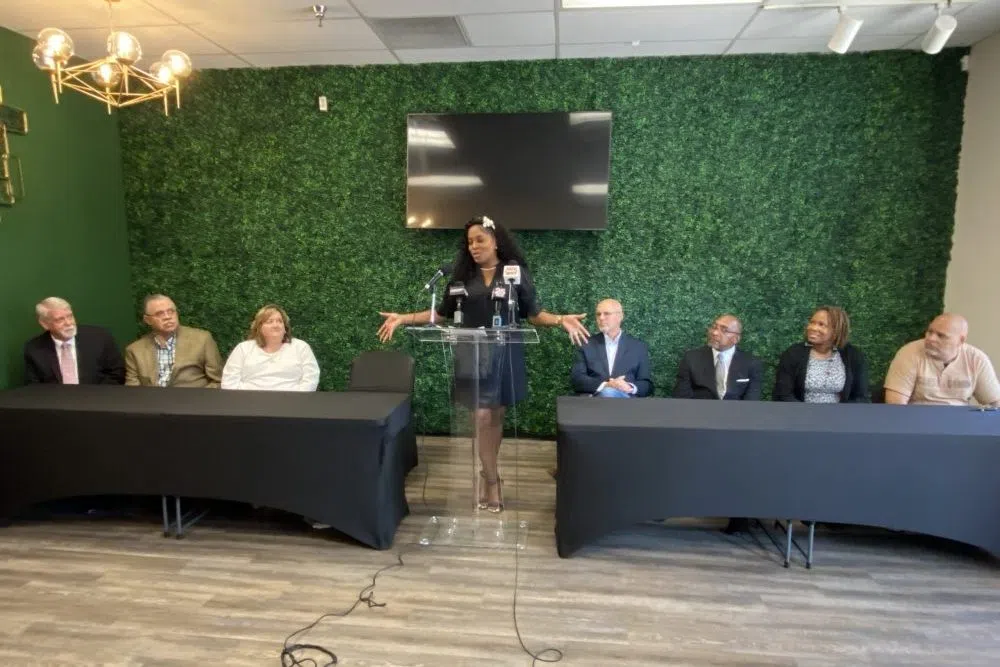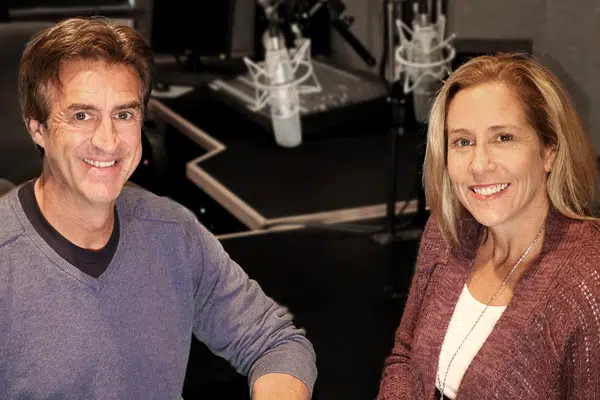PEORIA, Ill. – There are still plenty of people who don’t look — for lack of a better term — highly at the sale of legal recreational cannabis in Illinois.
But, the sale is helping communities like Peoria. Thanks to state law, proceeds from the pot sales have resulted in $45 million in grants across the state being funded.
Bishop Timothy Criss of New Life Christian Church says he won’t look a gift horse in the mouth if it helps causes like his Total Life Center.
“We are just simply excited about the new things that are coming to Peoria,” said Criss. “I’m okay if it came at the expense of marijuana use.”
The $6 million of the money that’s come to Peoria is helping arts programs, anti-violence initiatives, and job training, among other things.
“Our proposal is about changing the narrative through arts, education, and culture,” said Nikki Romain, Executive Director, Art Inc. “With this grant, we have employed approximately 30 youth, ages 15 to 24, to work on an initiative called ‘Change That Narrative.’”
Romain says her agency’s share of the money that will help local youth produce podcasts, and host teen summits to discuss issues plaging African-American and other minority communities.
Could the sale of legal marijuana help green industry jobs?
It’s possible, according to Tony Pierce, the director of business development for CTP Power — or, the Community Transformation Project — and the people his agency helps.
“These individuals need training for middle class jobs that can pay them middle class wages,” said Pierce. “The training that we provide is training in the green energy industry — particularly in the solar industry. Jobs there pay anywhere from $40,000 to $80,000-plus a year.”
House of Hope is one of those grant recipients, which helps spread what founder Terry Burnside calls “non-violent tactics”.
“The most important key that we use are ‘credible messengers,’” said Burnside. “Credible messengers are guys I look at as…interpreter — can speak the language, walk the walk, talk the talk, have been there, done that. So, they…have more credibility, in my opinion, to reach some of the guys out here that are driving the violence.”
Burnside says it’s, in his words, “horrible” that less than one percent of Peoria’s population is driving 90 percent of the violence.
He says providing training and messaging is what House of Hope will do going forward.
The money comes from what’s called the “R3 Program” — or, Restore, Reinvest, and Renew. State Representative Jehan Gordon-Booth helped craft the law.








